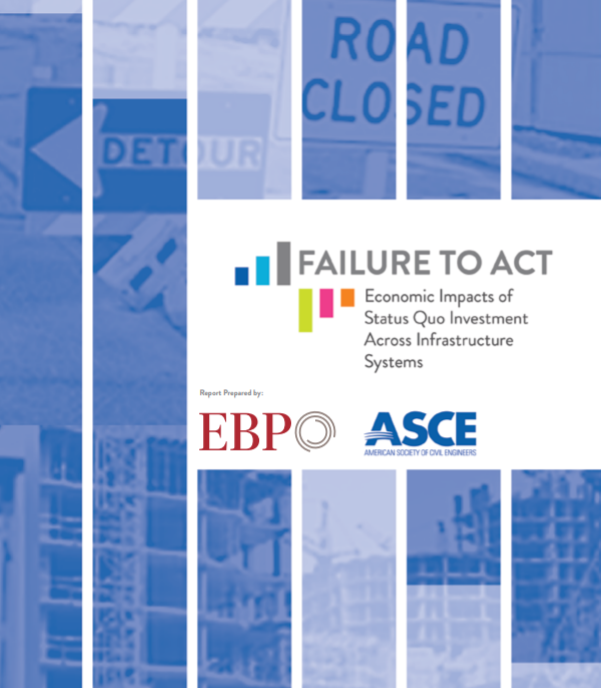
Measuring Economic Market Effects Of California Energy Program
By RLW Analytics, Inc. and Economic Development Research Group for Southern California Edison, 1999
SCE's Hydraulic Services Program
Can energy information and testing services have lasting effects on the market demand and supply for energy efficient products and services? If so, what kind of long-term market barriers must be overcome, and how can we assess whether progress is being made in overcoming them? To address these issues, the California Measurement Advisory Council and Southern California Edison hired RLW Analytics and Economic Development Research Group to assess the market market effects associated with Southern California Edison's Hydraulic Services Program. The program provides energy efficiency information and 4,000 - 5,000 free pump tests per year to over 650 agricultural and municipal water pump end users.
The study included extensive surveys of customer and "market actors" - customers, dealers, contractors, distributors and manufacturers, as well as consultants, lenders, regulators, utility personnel and academics. Responses of market players from the Southern California service area were compared to those of a comparison area (Arizona) where no such water pump assistance program is offered. Sales data was also compared to estimate the market shares of energy efficient equipment in the two areas. A program tracking system assessment developed participation counts and program penetration estimates, and documented motor and overall pump efficiency trends over seven years.
For each of the various types of market players and levels of market activity, the study examined:
- The existence of "market changes," in terms of knowledge, attitudes and behavior regarding energy efficiency in the Edison service area (compared to elsewhere);
- The role of Edison's program in causing observed "market effects," i.e., its apparent role in causing some of those observed changes in its service area; and
- Persistence of these effects in the marketplace (as evidence of "market transformation" through lasting reduction in pre-existing "market barriers" to energy efficiency in the water pumping market).
The study found that the program has affected overall plant efficiency levels, partly by inducing agricultural and municipal entities to better maintain their equipment, and partly by encouraging use of higher efficiency motors. For customers, the program was found to have reduced the time and cost of collecting information, and helped customers to deal more effectively with contractors and dealers.
Surveys also showed that the program has induced a greater level of independent pump test providers in Southern California, and also greater frequency of pump testing among California-area non-participants as compared with water pump users in Arizona. For dealer/contractors, the program was found to improve processes for pump specifying, testing and installation. The methods used in this study represent a model for conducting industry-specific studies of market effects.
Full Report -- Conlon, T., G. Weisbrod and S. Samiullah. 1998. Southern California Edison Hydraulic Services Program, Market Effects Study: Final Report. Study #3507. Prepared by RLW Analytics and Economic Development Research Group for Southern California Edison. pdf file (694k)
Conlon, T., G. Weisbrod and S. Samiullah. 1999. "How Can We Tell If Free Information Is Really Transforming Our Market," Evaluation in Transition: Proceedings of the 1999 Ninth International Energy Program Evaluation Conference. pdf file(74k)
Conlon, T., G. Weisbrod and S. Samiullah. 1999. "We've Been Testing Water Pumps For Years - Has Their Efficiency Changed?", Proceedings of the 1999 ACEEE Summer Study on Energy Efficiency in Industry. pdf file(73k)








